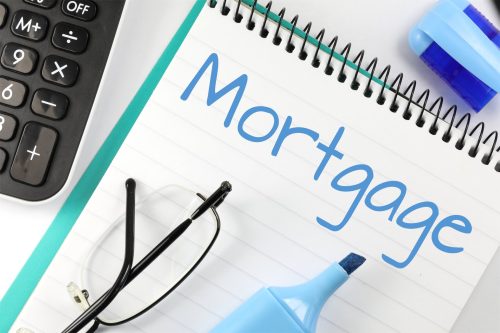Owning a home is a dream for many, but navigating the complexities of mortgages and homeownership can be daunting. From understanding mortgage options to managing finances, there’s a lot to consider when taking the leap into homeownership. In this comprehensive guide, we’ll walk you through everything you need to know about mortgages and becoming a homeowner.
Understanding Mortgages
What is a Mortgage?
A mortgage is a loan provided by a lender, typically a bank or mortgage company, to finance the purchase of a home. The borrower agrees to repay the loan over a specified period, usually with interest, using the property as collateral.
Types of Mortgages
There are various types of mortgages available, including fixed-rate mortgages, adjustable-rate mortgages (ARMs), FHA loans, VA loans, and jumbo loans. Each type has its own terms, interest rates, and eligibility requirements, so it’s essential to explore your options and choose the one that best suits your needs.
The Homebuying Process
Pre-Approval
Before you start house hunting, it’s crucial to get pre-approved for a mortgage. This involves submitting financial documents to a lender, who will assess your creditworthiness and determine the maximum loan amount you qualify for. Pre-approval gives you a clear idea of your budget and shows sellers that you’re a serious buyer.
Finding the Right Home
Once you’re pre-approved, it’s time to start searching for your dream home. Consider factors such as location, size, amenities, and budget when narrowing down your options. Working with a real estate agent can help streamline the process and ensure you find the perfect home for your needs.
Securing Financing
Down Payment
Most mortgages require a down payment, which is a percentage of the home’s purchase price paid upfront. The size of your down payment will depend on the type of mortgage you choose and your financial situation. It’s essential to save for a down payment to reduce your loan amount and lower your monthly mortgage payments.
Closing Costs
In addition to the down payment, homebuyers are also responsible for paying closing costs, which can include fees for loan origination, appraisal, title insurance, and attorney services. It’s important to budget for these costs and factor them into your overall homebuying expenses.
Managing Your Mortgage
Making Mortgage Payments
Once you’ve purchased your home, you’ll need to make monthly mortgage payments to repay the loan. It’s crucial to budget for these payments and ensure they’re made on time to avoid late fees and potential foreclosure.
Refinancing
…
Conclusion
Becoming a homeowner is a significant milestone that comes with both joys and responsibilities. By understanding the ins and outs of mortgages and homeownership, you can make informed decisions and achieve your dream of owning a home. From securing financing to managing your mortgage, this guide has equipped you with the knowledge and tools you need to navigate the journey of homeownership with confidence.
FAQs (Frequently Asked Questions)
- What is the minimum credit score needed to qualify for a mortgage? The minimum credit score required to qualify for a mortgage varies depending on the type of loan and lender. Generally, a credit score of 620 or higher is recommended for conventional loans, while FHA loans may have lower credit score requirements.
- What is private mortgage insurance (PMI), and do I need it? Private mortgage insurance (PMI) is required for conventional loans with a down payment of less than 20%. It protects the lender in case the borrower defaults on the loan. FHA loans also require mortgage insurance premiums (MIP) for the life of the loan.
- How much should I budget for homeownership expenses beyond the mortgage payment? In addition to the mortgage payment, homeowners should budget for expenses such as property taxes, homeowners insurance, maintenance and repairs, utilities, and HOA fees (if applicable). It’s important to factor in these costs to ensure you can afford homeownership.
- What is the difference between a fixed-rate mortgage and an adjustable-rate mortgage (ARM)? A fixed-rate mortgage has a stable interest rate and monthly payment that remains the same throughout the life of the loan. In contrast, an adjustable-rate mortgage (ARM) has an interest rate that can fluctuate over time, potentially resulting in changes to the monthly payment.
- Is it better to buy a home or continue renting? The decision to buy a home or continue renting depends on various factors, including your financial situation, long-term goals, and housing market conditions. While homeownership offers potential benefits such as equity accumulation and stability, renting may provide flexibility and lower upfront costs. It’s essential to weigh the pros and cons carefully before making a decision.
